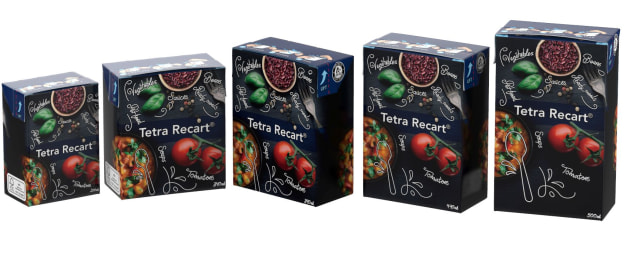Meal kit giant HelloFresh has opted for Tetra Pak’s sustainable Recart carton packaging in Europe.
Already used by HelloFresh in the US since 2017, Tetra Recart offers an 80 per cent smaller carbon footprint, and significant weight and space savings, over tin cans and glass jars, according to Jakob Schmidt, senior global procurement manager at HelloFresh.
“Introducing the Tetra Recart carton to our sustainable packaging portfolio is a strategic move for HelloFresh, helping us reduce our carbon footprint through improved logistics efficiencies.
“Tetra Pak’s innovative packaging enables HelloFresh to consistently deliver a quality product and a great opening experience for our customers,” he said.
Jaymie Pagdato, marketing director for Tetra Pak Oceania, told PKN that Tetra Pak and Hello Fresh are a natural fit.
“We are so pleased to partner with Hello Fresh and be part of their growth towards a more sustainable future. Both Tetra Pak and Hello Fresh share the same values in providing good, quality food in a convenient way for consumers,” she said.
According to Pagdato, Tetra Recart has been steadily growing in Europe and the US.
“In Australia, we have conducted consumer research and it validates the strong preference over canned goods for fruits and vegetables – it is easy to open and reclose, convenient to use and store, safer than cans without the sharp edges.
“Aside from the packaging credentials, the sustainability benefit is one to really consider. Tetra Recart is made mostly from responsibly sourced paper; efficient in manufacturing and transportation, contributing to a low carbon footprint; and fully recyclable,” she said.







